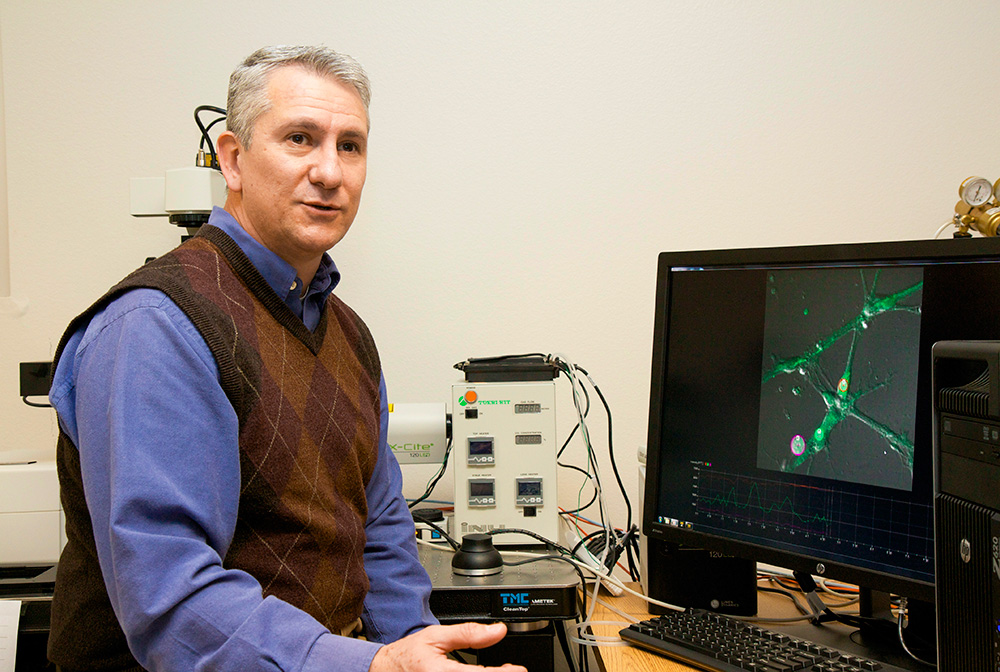A researcher who sued the publisher PLOS to prevent it from posting an expression of concern for one of her papers has dropped her suit, and the publisher tells us it will add a correction to the article instead – but may “revisit this case” to deal with “unresolved issues.”
We’ve previously reported on the lawsuit Soudamani Singh, an assistant professor in the Department of Clinical and Translational Sciences at Marshall University’s Joan C. Edwards School of Medicine in Huntington, W. Va., filed against PLOS in April, as well as signs of a pending settlement.
According to an order filed November 2, Singh informed the court that she “voluntarily dismisses” the claims in her complaint, without the possibility of re-filing them, and the judge dismissed the case.
In her complaint, Singh alleged that PLOS planned to place an expression of concern on one of her papers, “Cyclooxygenase pathway mediates the inhibition of Na-glutamine co-transporter B0AT1 in rabbit villus cells during chronic intestinal inflammation,” published in PLOS ONE in September 2018, after she and her co-authors had requested a correction of a duplicated image. The paper has been cited nine times, according to Clarivate’s Web of Science, but not since April 2021.
Continue reading PLOS backs down from expression of concern after author’s lawsuit




 A professor specializing in the health of children and pregnant women has left her post at the University of Glasgow, and issued three retractions in recent months.
A professor specializing in the health of children and pregnant women has left her post at the University of Glasgow, and issued three retractions in recent months. If you’ve been pausing at some detailed
If you’ve been pausing at some detailed 

